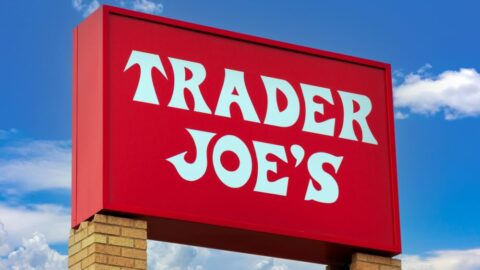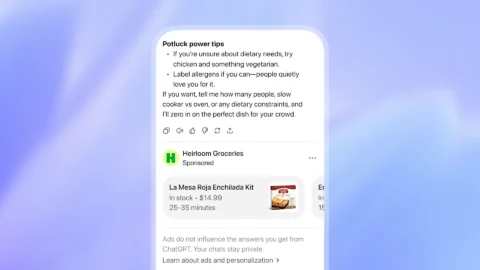Editor’s Note: This article is an excerpt from one of RetailWire’s recent online discussions. Each business morning on RetailWire.com, retail industry execs get plugged in to the latest news and issues with key insights from a “BrainTrust” of retail industry experts.
While Wal-Mart supplied shopper data for the pilot, the retail giant will not participate in the expected launch next year of the P.R.I.S.M. national retail data syndication service from The Nielsen Co.
“Wal-Mart was pleased with the insights they gleaned from the PRISM pilot,” said a statement from the Nielsen Co.’s In-Store division, according to Promo Magazine. “However, they have decided not to participate in a national syndicated service, remaining consistent with their internal data-sharing policies.”
P.R.I.S.M., the acronym for “Pioneering Research for an In-Store Metric”, examines point-of-purchase reach by department and links sales display impressions to sales conversions in an effort to help retailers and manufacturers make better merchandising decisions. Nielsen added that Wal-Mart’s decision not to subscribe to the service will not affect the launch of the in-store data service, and noted that 15 of the retailer members plan to take part when the data service rolls out. Product manufacturers including Procter & Gamble, Unilever and Kraft Foods have agreed to take part in the data service.
“We remain optimistic about the Nielsen In-Store measurement service and continue to support the vision of a common industry metric to measure consumer reach in-store,” said P&G associate marketing director Ann Mooney, in the statement.
The service began in April 2007 to amass in-store data from 30 product makers and 16 retailers, including shopper traffic, POP, merchandising programs, retail TV networks, shelf- and cart-talkers and digital signs. The intent is to arrive at a measurement system that will permit a side-by-side comparison to other media advertising.
In an editorial on instoremarketer.org, Bill Schober, editorial director at In-Store Marketing Institute, wrote that while he wasn’t shocked that Wal-Mart opted out of the national PRISM launch, he was a “little disappointed” that Wal-Mart would “just walk away from such a promising project.”
Schober noted that when Wal-Mart stopped providing POS data to syndicated market research firms in 2001, it launched Retail Link to share internal data with suppliers. He suspects a similar Wal-Mart program will eventually be launched around its in-store metrics.
Schober concluded, “P.R.I.S.M., meanwhile, will soldier on with all of the other original consortium retailers as well as a lot of blue-chip CPGs such as P&G, Kraft and Unilever. And we’ll keep cheering for it from the sidelines, because as far as this magazine is concerned, P.R.I.S.M. represents the best methodology yet devised for reaching the ultimate goal, a practical in-store metric.”
Analysts on RetailWire’s BrainTrust panel were not surprised by Wal-Mart’s pull-out. “This can’t have been unexpected,” says Jonathan Marek, senior vice president, Applied Predictive Technologies. “I wonder whether this was the outcome Wal-Mart had been driving towards from day one; learn as much as possible in a pilot, then drive off on their own.”
Other analysts say Wal-Mart’s exit is a loss for the project. “What good is it if the largest retailer in the world isn’t included?” says Ed Dennis, president of Dennis Enterprises. “This is especially true with branded food items.”
Although Wal-Mart has appeared to be a viable part of the PRISM effort, some analysts suspect Wal-Mart had a motive from the start. “From the start, Wal-Mart was quick to say that they weren’t taking a leadership role in PRISM (which of course they could have), but instead were participating equally with others,” says Carol Spieckerman, president, Newmarketbuilders. “With Wal-Mart’s paradigm-changing Smart Network rolling out, and unprecedented in-store insights due to roll in, I can completely understand why Wal-Mart would close the Kimono once again. Why would Wal-Mart volunteer to make its solid first-mover advantage honeymoon more fleeting?”













